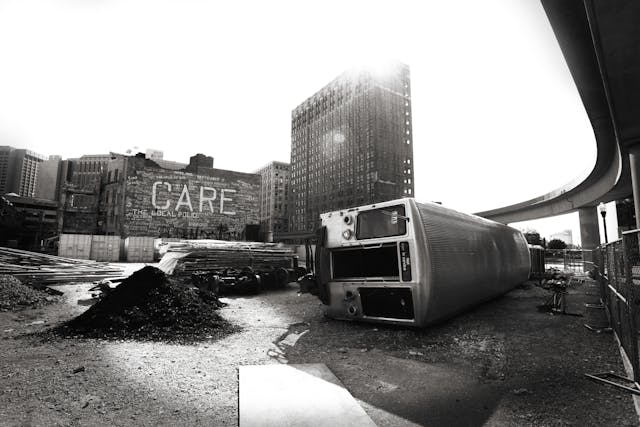Accidents are challenging life events. They can bring about pain and emotional as well as financial distress. Your journey to recovery will involve a whole host of procedures and medications that must be undertaken scientifically, ensuring you get better, not bitter. Knowing and practicing the Do’s & Don’ts after accidents reveals magic within in your recovery journey. This guide presents key pointers and resources that you should incorporate into your recovery plan to manage effectively.
1) Immediate Medical Attention
Always go to the doctor or hospital first after an accident. Even if you “feel fine” – symptoms may take time to appear, or you may remain neglectful of the ones you are already experiencing.
Undergoing a full medical evaluation will help in isolating those hidden issues and give a proper baseline for your recovery plan. Stick with the guidance your caregivers provide and take all prescribed treatments to limit complications and aid with recovery.

2) Ongoing Medical Treatment
A little physical therapy here, a pill there is common in a post-accident recovery regimen. One can’t emphasize enough the importance of sticking to your game plan for treatment as well as attending your sessions.
Physiotherapy helps in regaining strength, flexibility, and all-important movement. Be sure to see your healthcare provider regularly to make sure your recovery is on track, and treatment plans can be adjusted if needed.
3) Emotional & Psychological Support
Such events can seriously disrupt mental health. Developing anxiety, depression & PTSD are expected post the accident. Emotional and psychological (counseling or therapy) support is a requisite step in an individual’s recovery process. When you look to get the right mental health treatment, you’re taking a positive step forward overall. This can be just as important (if not more, in some cases) as your physical recovery and ability to heal.
It helps in making sure that your emotions are in health, gives you some coping mechanisms, and diverts you away from PTSD or similar long-term psychological issues. Feel free to contact mental health professionals or support groups to harness emotional support for recovery.
4) Coordinated Care and Case Management
Several healthcare providers work together to help you recover in many cases. A skilled case management provider can help you accomplish this. They will assist in arranging medical services, and appointments and correctly address all the facets of healing.
In case you are assigned a case manager, you’ll have the additional advantage of dedicated help in the administrative and communicating phases of building relationships with different medical specialties.
5) Lifestyle Adjustments and Self-Care
Support is vital for the child to heal and make sure they don’t hurt themselves anymore. Following a healthy diet, getting proper rest, exercise that is advised by your health provider can promote your recovery.
Moreover, engaging in mindfulness, meditation, and relaxation techniques also helps you stay in an excellent mood. Don’t work too hard or move too fast – listen to your body and gradually reintroduce activities as you heal.
In conclusion, when you recover from a car accident or any traumatic injury you will need a diversified approach to cope with your physical and emotional needs as well. Immediate medical attention, follow-up treatments, emotional support, coherence care, etc. are other critical elements of a successful recovery. Playing to these best practices will only help speed up your healing and make you feel more up to par in the process. Importantly, know that recovery is like a marathon – not a sprint and taking good steps would ultimately define your overall well-being.